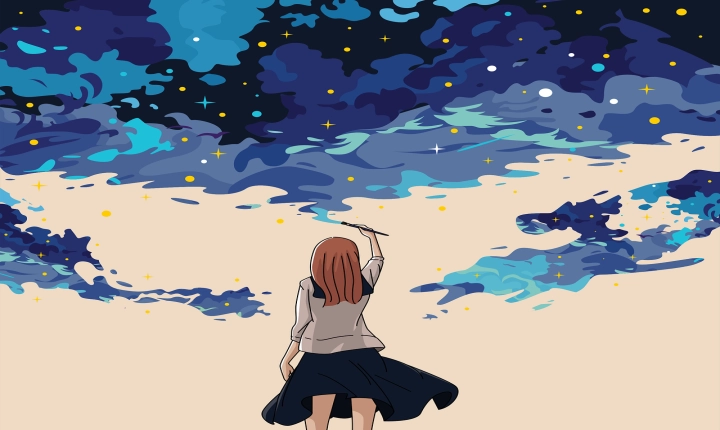Title: Exploring the Rise of AI-Generated Covers in Music
In recent years, the music industry has witnessed a surge in the use of artificial intelligence (AI) to create music covers. This emerging trend has sparked a debate among music enthusiasts and professionals alike, raising questions about the potential impact on creativity and the future of music production.
AI-generated covers, also known as AI covers, are created using machine learning algorithms that analyze and replicate the style, tone, and nuances of a particular song. These AI systems can produce covers that closely mimic the original artist’s voice, instrumentation, and other musical elements, often indistinguishable from human renditions.
One of the primary driving forces behind the growing popularity of AI covers is their ability to streamline the music production process. For artists and producers, AI offers a cost-effective and time-saving alternative to traditional recording methods, enabling them to create high-quality covers without the need for expensive studio sessions or hiring session musicians. As a result, AI covers have become a tool for democratizing music production, allowing independent artists and creators to access professional-quality arrangements and interpretations at a fraction of the cost.
Moreover, AI covers have proven to be a valuable resource for musicians seeking to experiment with different genres and styles. By inputting a song into an AI system, artists can explore how their music would sound if reimagined within a different musical framework, providing a unique opportunity for creative exploration and expression.
From a consumer perspective, AI-generated covers offer a diverse array of benefits. These covers provide an avenue for preserving and reinterpreting classic songs for newer generations, bridging the gap between musical eras and preserving the legacy of iconic artists. Additionally, AI covers make it possible for fans to enjoy personalized, custom renditions of their favorite songs, catering to individual tastes and preferences.
However, the widespread adoption of AI covers has prompted concerns surrounding the potential implications for artistic integrity and creativity within the music industry. Some critics argue that the proliferation of AI-generated covers may lead to a homogenization of musical expression, diluting the authenticity and emotional resonance that emanates from human performance. Moreover, there are fears that AI covers could undermine the livelihood of session musicians and vocalists, as their roles in traditional recording processes diminish in the face of AI technology.
Furthermore, the ethical implications of using AI to replicate artists’ voices and styles without their consent have sparked ethical considerations within the industry. Issues surrounding copyright and intellectual property rights are being reexamined in light of the proliferation of AI covers, raising questions about who holds ownership of AI-generated renditions and the legal implications of replicating copyrighted material.
Nonetheless, the debate surrounding AI covers highlights the need for continued reflection and dialogue within the music industry. As technology continues to evolve, it is essential to find a balance between leveraging AI as a tool for innovation and artistic expression while safeguarding the authenticity and creative autonomy of musicians.
In conclusion, AI-generated covers have emerged as a disruptive force within the music industry, offering a spectrum of opportunities and challenges for artists, producers, and music enthusiasts. As this trend continues to evolve, it is imperative for the industry to navigate the ethical, creative, and practical implications of AI covers while striving to uphold the richness and diversity of musical expression. Ultimately, the coexistence of AI covers and human creativity has the potential to usher in a new chapter of artistic innovation and musical exploration, shaping the future of music production for years to come.
